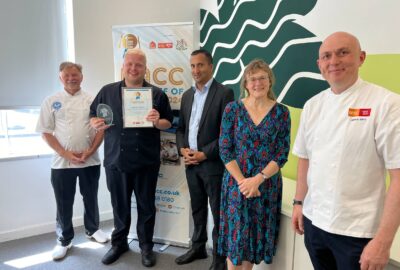Earlier this year, the Sustainable Restaurant Association launched ‘The tastiest Challenge on the Planet’ report, which identified three key issues requiring urgent action for the hospitality industry: Meat on the menu, Food in the bin, Single-use plastic and packaging
The foodservice sector is finally waking up to the realisation that what we grow, rear, cook and eat has a massive impact on the planet, and operators are being urged to consider their carbon footprint – and implement ways of reducing it.
Here are some suggestions:
WASTE NOT
For restaurants, the cost of avoidable food waste on every plate averages about 14p. Consider working with organisations like FareShare and City Harvest to take surplus food to feed people in need. For every £1 invested in food waste reduction initiatives, hospitality businesses see a £7 return over three years, say the World Resources Institute. WRAP has various online resources to help caterers monitor and reduce food waste. Visit https://partners.wrap.org.uk/campaigns/your-business-is-food/hafs/.
MEAT REDUCTION
A 2018 study found that meat and dairy products are responsible for 75% of greenhouse emissions from the EU diet. The study also highlighted that the average EU citizen has a food footprint of 1070kg of CO2 per year, roughly equivalent to driving 6,000km. With more and more diners choosing vegan, vegetarian and flexitarian diets, put vegetables centre stage in your dishes.


